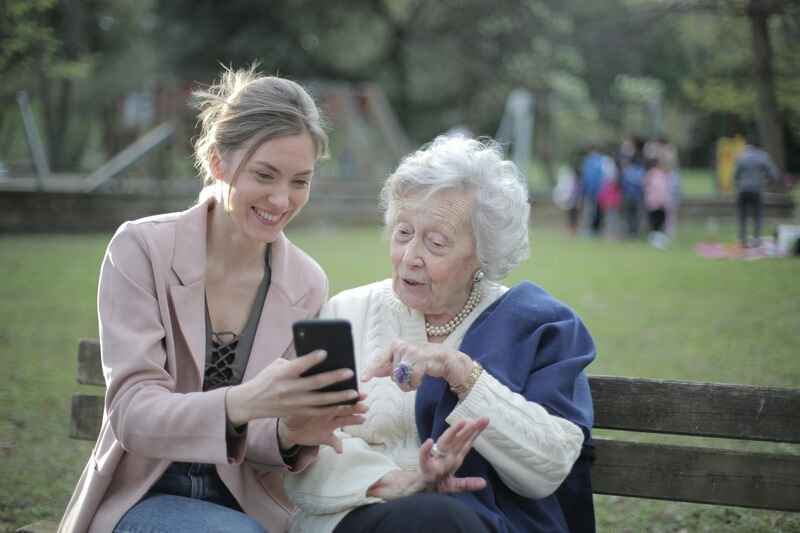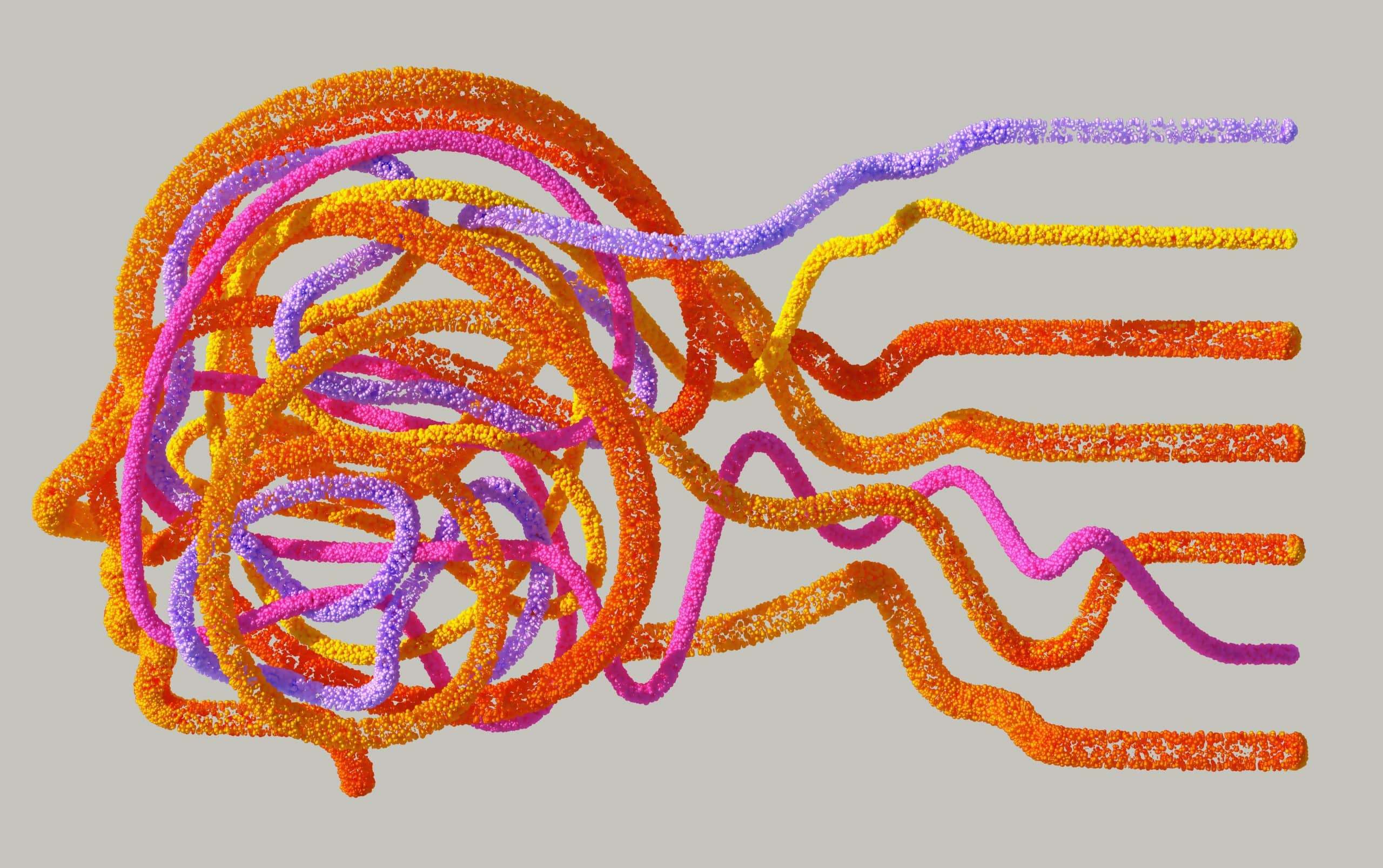Alzheimer’s can be a disconcerting diagnosis. It can also be an opportunity to care for a loved one who is facing this challenging experience. Alzheimer’s is a progressive brain disease that can cause someone to lose memory and cognitive function. Learning that a loved one has been diagnosed with Alzheimer’s can be unsettling news. However, providing them with care and compassion is one of the best things you can do to help them. It’s rewarding for both you and them. What are some of the best strategies for caring for a loved one with Alzheimer’s?
Progression of Alzheimer’s Disease
Caregivers need to understand that Alzheimer’s is a progressive disease. This means that it worsens over time. This disease progresses in stages that typically include:
Preclinical State: During this stage, a medical test could show changes in a person’s brain, and there might not be any noticeable symptoms.
Mild Cognitive Impairment: During this stage, the person can still function, but they might notice slight changes in their cognitive performance.
Mild Dementia: Once mild dementia develops, the person experiences some memory loss, especially of recent events. They might struggle to solve problems or deal with complex tasks, such as their finances. They might find planning and organizing challenging or struggle to communicate because they forget words during conversations. Some people might develop personality changes at this stage, sometimes in response to the frustration of their memory loss.
Moderate Dementia: People with moderate dementia find day-to-day living more difficult than those with mild dementia. They experience significant memory loss and often feel disoriented or confused. They’re more likely to experience mood changes and are prone to wandering or getting lost if they aren’t supervised. They might also experience changes in their sleep patterns, which tend to exacerbate other symptoms.
Severe Dementia: At this point, the person develops severe dementia and becomes entirely dependent on their caregiver. They have very little ability to communicate and struggle with mobility. They struggle to recognize loved ones and caregivers and are vulnerable to secondary health conditions due to incontinence, immobility, and a weakened immune system.
Understanding the stages of Alzheimer’s and identifying what stage your loved one is in makes it easier to provide the appropriate level of care and manage your expectations of their abilities.
1. Build a Support Network
https://gty.im/2166581616
One of the best things caregivers can do when tasked with coping with a loved one’s dementia is to build a support network. People familiar with the disease, such as medical professionals and other caregivers, can provide guidance and support. Simply having the ability to speak to others who have been in your position and/or understand the challenges of the disease can make your job much easier.
2. Establish Daily Routines
Another tip that will help both you and your loved one with Alzheimer’s is to develop a consistent daily routine. Consistency is good for someone experiencing dementia because it helps them remember and makes their lives more predictable. Establish a routine for things like meals, bathing, and other activities. Do everything you can to stick to the schedule.
3. Practice Patience and Compassion
Coping with dementia is challenging, and you are likely to occasionally feel frustration or hopelessness. Caregivers face many challenges that are both practical and emotional. Make sure you are getting the support you need to stay healthy. It’s important to take breaks, even if you are a full-time caregiver. Nobody should feel selfish or as if they are shirking their responsibilities by taking time away. Caregivers maintaining good physical, mental, and emotional health makes them better able to provide the care their loved ones need.
In Conclusion
Caring for a loved one with Alzheimer’s is not easy, but it can be very rewarding. It’s an opportunity to provide your loved one comfort and attention in a safe, familiar environment. Understanding what’s required of caregivers and taking care of yourself help you manage your well-being as well as your loved one’s “new normal.”
Disclaimer: The purpose of this article is to simply provide information. It does not intend to replace medical advice from a physician.
For more Great Content
Are you desiring top-tier content that covers everything? From thrilling sports and intoxicating entertainment news to gaming tips and professional betting advice, Total Apex covers it all. Delve into our no-fluff articles to stay ahead of the game with the latest sports action, uncover the hottest trends in entertainment, and get the latest scoops in the gaming industry that will take your experiences to the next level.
Finally, our betting advice will give you a decisive edge over the competition and increase your odds of beating the books. Whether you’re looking to stay updated or gain a competitive edge, Total Apex is your one-stop shop for all things compelling and relevant. Don’t forget we cover Fantasy Sports, too!
Check out all our sites: Total Apex Sports, Total Apex Fantasy Sports, Total Apex Entertainment, Total Apex Sports Bets, and Total Apex Gaming. Out of the ashes of obscurity will rise a beast. Always remember to Respect The Hustle! Follow us on Twitter/X @TotalApexSports to stay informed.










